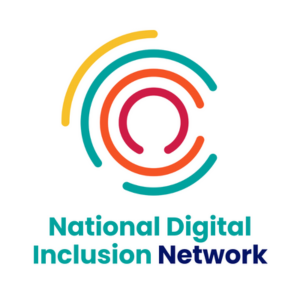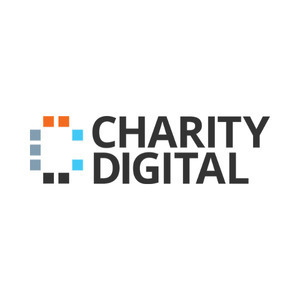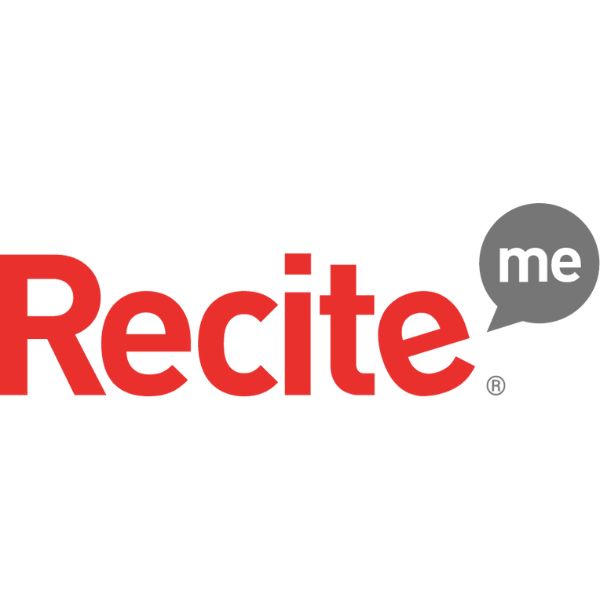Insights
INSIGHTS
All Topics
The most important digital skills for the workplace in 2025
We explore four key digital skills for the year ahead
Digital skills are essential for the modern-day workplace, with over 92% of employers saying that digital skills are important.
But 7.5 million people, or 18% of UK adults, don’t have the essential digital skills needed for work and around 15-30% of the UK population lack the digital skills necessary for daily life.
Research by Deloitte and the Digital Poverty Alliance has raised that even basic access to the jobs market requires digital skills, due to a rise in online job postings, virtual onboarding processes, and social media networking. Those who are digitally excluded are two to three times more likely to be unemployed.
Digital skills remain relevant for those already in employment. According to the Digital Poverty Alliance, there is a significant difference in salaries in the UK between jobs that require digital skills and those that do not. Digital can benefit you in the workplace in a range of ways, from being more productive to making collaboration more effective.
Meanwhile, the nature of digital work is changing, with the rise of automation making it ever-more important to nurture the human qualities we bring to the workplace.
In this article, we explore the most important digital skills for the workplace in 2025.
Foundational skills
Having access to the online jobs market and using digital technologies at work requires a foundational level of digital skills. Examples of foundational skills include turning on a device, connecting a device to a safe and secure Wi-Fi network, and keeping login information and passwords secure.
Learning and refreshing basic skills like finding information, communicating, and staying safe online can lead to greater employability and increased confidence in the workplace. Check out resources from Good Things Foundation, AbilityNet, the National Cyber Security Centre, and the National Careers Service to develop these skills.
Digital creativity
Human creativity is irreplaceable – even in the era of generative AI.
Digital creative activities can range broadly, including copywriting for a digital platform, creating graphics and video clips for social media, creating a strategy for a team or organisation, handling the complexity of a given situation, and so much more.
Digital creativity is about using your own perspective and ideas to interact with the digital world. As Indeed notes, creativity allows humans to express our uniqueness and empathy, traits that machines are not able to produce.
When given the opportunity, many people are surprised by their own creativity. And being driven by your own interests and creative curiosity can lead you to developing new skills.
Resist the urge to rely on automated digital tools such as generative AI to do creative exploration on your behalf and instead take the opportunity to build your own creative muscle. Being independently creative will set you apart, while enabling you to use tools like generative AI as part of a larger creative toolkit.
To develop your digital creativity, learn about the technical side of digital technologies and practice creative exercises. Explore the University of York’s free practical guide to digital creativity. Enjoying a creative hobby outside of work can also support you at work by helping you develop helpful digital skills for work, like problem-solving.
Data skills
Interpreting and analysing data is a key skill for many sectors and roles. Data supports decision-making and helps measure team progress, whether you’re measuring numbers of sales, numbers of people helped, levels of positive feedback, or anything else that helps an organisation.
Data skills include data analysis, maths and statistics skills, data management, data visualisation, project management, and machine learning.
The UK Government found that 46% of businesses have struggled to recruit for roles requiring hard data skills. They also found that there is a limited supply of university graduates with specialist data skills, and that 50% of workers surveyed had not received any data skills training in the previous two years.
This aligns with the fact that the charity sector lacked confidence in using data in 2024, with 31% of charities stating they are poor or not engaging with collecting, managing, and using data, while 34% say they are poor or not using data to inform decision making.
Learning data skills means bridging this skills gap for organisations and helping them work more effectively. You can learn data skills by studying the fundamentals, following online courses like Google’s Data Analytics Certificate, and gaining a practical understanding of the popular tools.
Digital adaptability
Adaptability – the willingness to embrace change and be your own teacher – is a timeless skill. At the beginning of 2025, artificial intelligence is still a major tech trend to adapt to, though staying adaptable means keeping an open mind to evolve your skills alongside digital technologies as they continue to change.
AI literacy is an important skill for the year of work ahead: in 2025, the UK Department for Education says that AI will affect jobs in every industry. According to the Charity Digital Skills Report, 62% of charities want to grow their understanding of AI.
You can learn AI skills by following online courses like Accenture’s ‘Digital Skills: Artificial Intelligence’, along with others hosted by Future Learn. You could also use attend an AI Bootcamp, or explore AI apprenticeships. For charity-specific learning, check out the Charity Digital Academy session ‘Practical uses of AI for your charity’.
Pushing yourself out of your comfort zone and learning to embrace change are two ways to become adaptable to make the most of upcoming digital trends.
Find out more
Download the full report below
Josie Sparling
More on this topic
Recommended Products
Recommended Products
Our Events
Charity Digital Academy
Our courses aim, in just three hours, to enhance soft skills and hard skills, boost your knowledge of finance and artificial intelligence, and supercharge your digital capabilities. Check out some of the incredible options by clicking here.


















